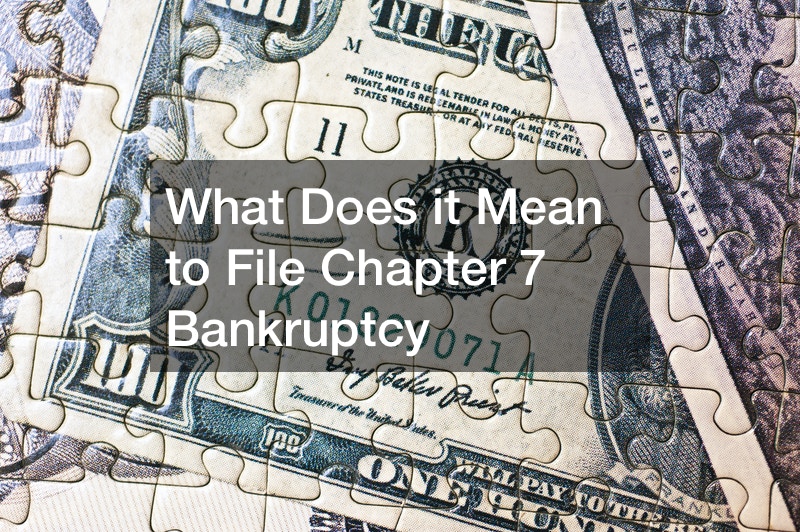
Finding the right financial advisor can significantly impact your financial well-being. Whether you need help with investment strategies, retirement planning, or general financial management, the advisor you choose can make or break your financial future. But with so many options out there, how do you know which advisor is right for you? One of the best ways to ensure you’re making the right choice is to look for a top fiduciary financial advisor. Let’s explore how to find a great financial advisor who will prioritize your financial goals and offer transparent, expert advice.
What is a Fiduciary Financial Advisor?
Before we dive into the steps for finding a great advisor, it’s important to understand what a fiduciary financial advisor is and why choosing one is critical. A fiduciary financial advisor is a professional who is legally obligated to act in your best interest. Unlike non-fiduciary advisors, who may recommend products that benefit their commission or financial institution, fiduciary advisors must provide advice that aligns with your financial goals, even if it means lower compensation for them.
Working with a top fiduciary financial advisor ensures that you receive unbiased, transparent, and ethical advice. This makes them an ideal choice for anyone looking to build wealth or navigate financial challenges with confidence.
Steps to Find the Top Fiduciary Financial Advisor
Now that you know the importance of fiduciary advisors, let’s look at the steps you can take to find a great financial advisor who meets your specific needs.
1. Define Your Financial Goals
The first step in finding the right financial advisor is understanding your financial goals. What are you looking to achieve with your money? Are you saving for retirement, planning to invest, or looking for help with debt management? Defining your goals will help you identify the type of advisor you need and ensure that you choose someone with the expertise to help you reach those goals.
For example, if you’re focused on retirement planning, look for a fiduciary advisor who specializes in long-term investment strategies and tax-efficient retirement accounts. If you’re dealing with more complex issues like estate planning or inheritance, ensure that the advisor has experience in those areas.
2. Look for Credentials and Qualifications
Not all financial advisors are created equal, so it’s important to look for those with the right credentials and qualifications. A top fiduciary financial advisor will often have certifications like:
Certified Financial Planner (CFP): This is one of the most recognized credentials in the industry and signifies that the advisor has met rigorous ethical, educational, and professional standards.
Chartered Financial Analyst (CFA): This credential focuses on investment management and requires passing multiple levels of exams that cover areas like portfolio management, economics, and financial reporting.
Personal Financial Specialist (PFS): This designation is for CPAs who have additional training in personal financial planning.
Checking for these credentials ensures that the advisor has the necessary training and expertise to provide high-quality financial advice.
3. Verify Fiduciary Status
Before committing to an advisor, confirm their fiduciary status. Not all financial advisors are fiduciaries, so it’s crucial to ask the right questions. You can simply ask the advisor whether they follow the fiduciary standard at all times and if they’re willing to put that in writing. If the advisor hesitates or avoids the question, it might be a sign that they do not fully adhere to the fiduciary standard, and you should consider other options.
To find the top fiduciary financial advisor, check resources like the National Association of Personal Financial Advisors (NAPFA) or the Certified Financial Planner Board. Both organizations maintain directories of fiduciary advisors who adhere to strict ethical standards.
4. Understand the Fee Structure
Financial advisors can be compensated in several ways, including fee-only, fee-based, and commission-based models. It’s essential to understand how an advisor charges for their services to avoid any potential conflicts of interest.
Fee-only advisors: These advisors charge a flat fee, hourly rate, or a percentage of assets under management. They do not earn commissions from the sale of financial products, which means their advice is more likely to be unbiased and in your best interest.
Fee-based advisors: Fee-based advisors charge fees but may also earn commissions from selling financial products. This can create potential conflicts of interest if they prioritize products that offer them higher commissions.
Commission-based advisors: These advisors earn money based on the financial products they sell. Be cautious of commission-based advisors, as they may push products that benefit them more than you.
A top fiduciary financial advisor will typically be fee-only, ensuring that their recommendations are not influenced by commissions or sales targets.
5. Assess Communication and Compatibility
Your relationship with a financial advisor is an ongoing one, so it’s important to find someone with whom you can communicate effectively. A great advisor will take the time to understand your concerns, explain complex financial topics in a way you can understand, and be available for regular check-ins to ensure your plan is on track.
Compatibility is also key. You want to work with someone who listens to your goals, respects your risk tolerance, and makes you feel comfortable discussing your financial situation. During initial consultations, pay attention to how well the advisor listens to your concerns and how they communicate their strategies.
.




